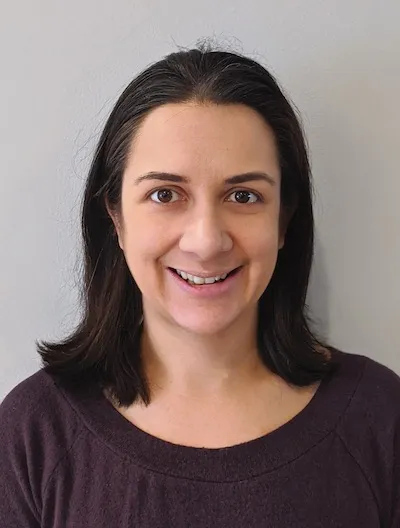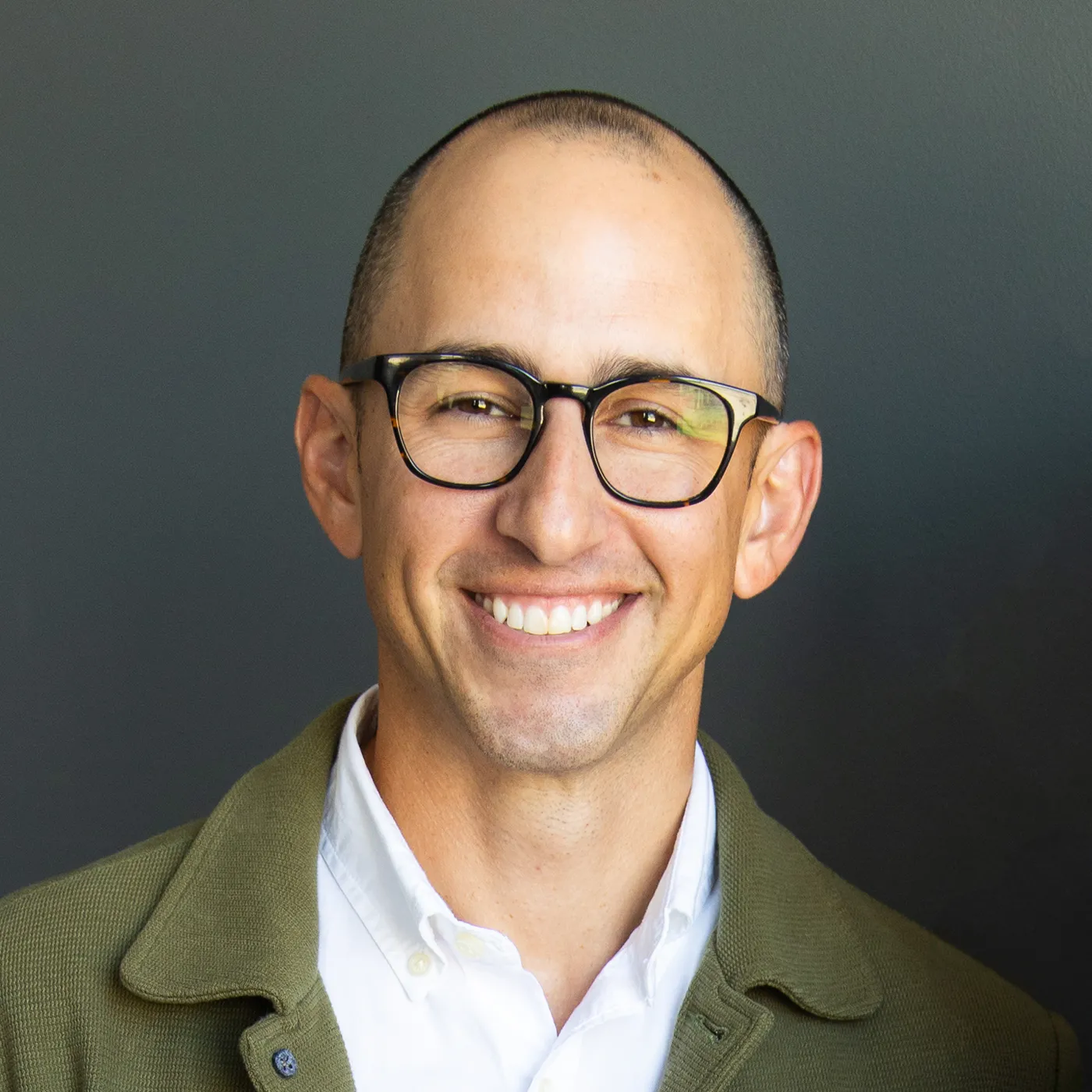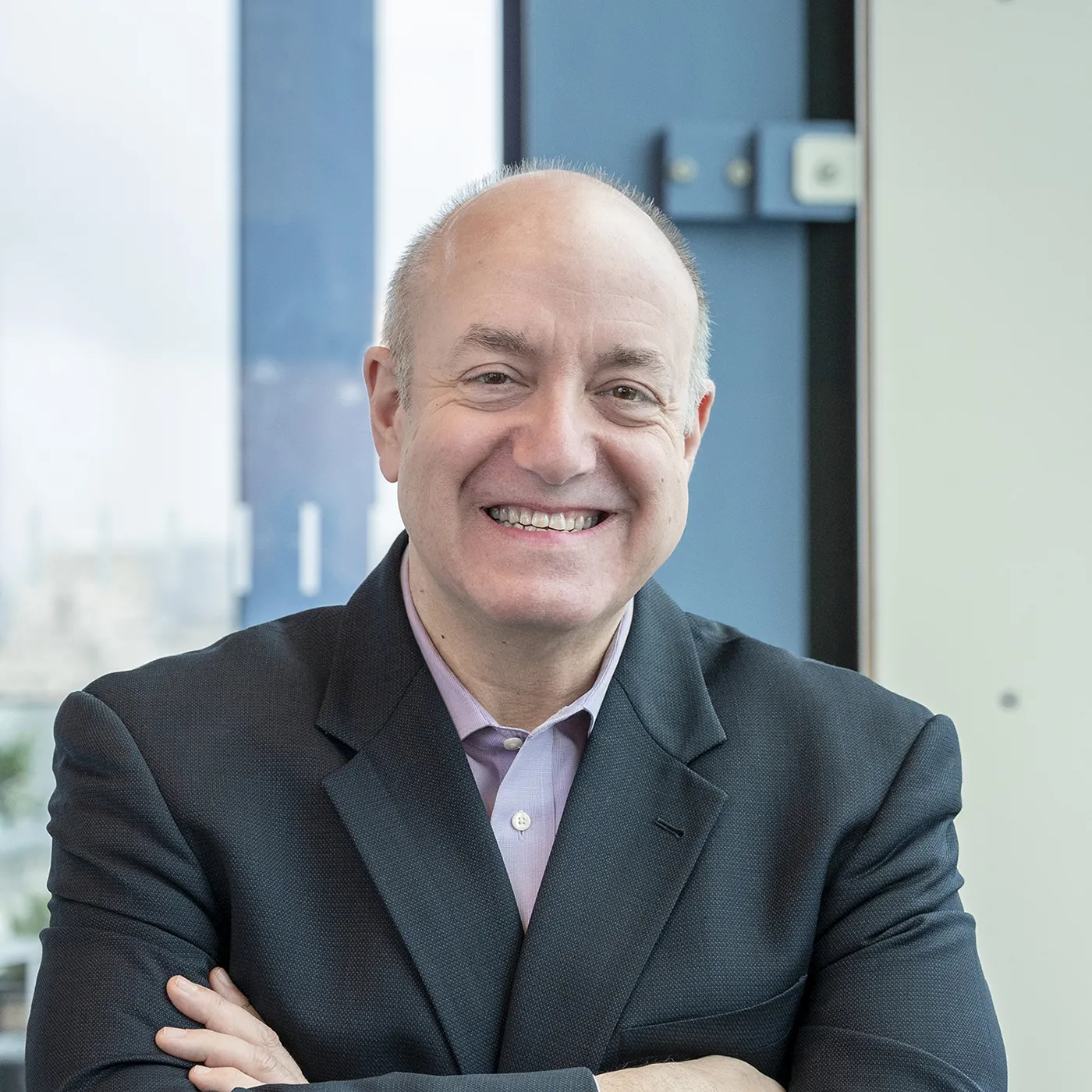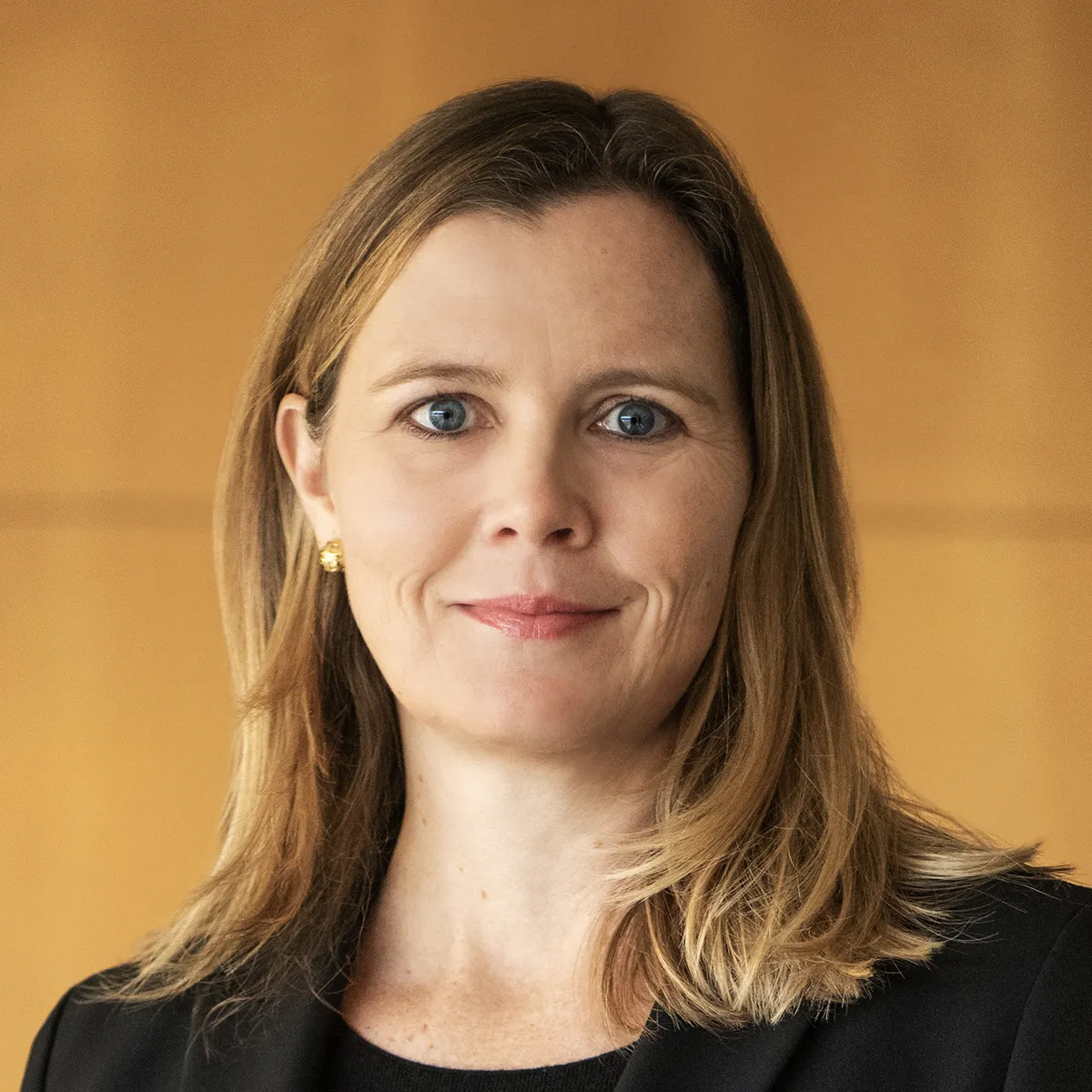Samira Nazem, ’10: A Dedication to Advocacy Leads to Early Dream Job

Samira Nazem, ’10, has described her current position at the Chicago Bar Foundation as “my dream job—an opportunity I feel like I’ve been working toward since my earliest days at the Law School.”
As the foundation’s director of pro bono and court advocacy, a lot of the advocacy side of her work is directed at finding new ways to help pro se litigants navigate the court system. “At least 60 percent of people involved in Cook County civil proceedings represent themselves, so we have a big responsibility to help make that as easy as possible for them,” she said. Because the courts’ required electronic filing system can be nightmarish for pro se litigants, Nazem and others successfully lobbied for exemptions from e-filing to protect vulnerable litigants—including those with limited access to technology, limited English, or disabilities—from facing additional barriers to accessing the courts. She has worked closely with many other groups to improve and expand court-based assistance that now includes a resource center for people without lawyers, help desks staffed by pro bono and legal aid attorneys, more straightforward written materials, and better-trained courthouse staff.
In partnership with a Harvard technology lab, she led the creation of a virtual reality experience to help self-represented litigants be better prepared for their courtroom appearances. “Almost every project we work on involves advocating, coordinating, and collaborating with outside partners including courts, judges, clerks, private attorneys, and legal aid organizations,” she said. “There’s never a dull moment.”
On the pro bono side of her responsibilities, in addition to working closely with firms and legal aid lawyers to promote and support pro bono activities, her office developed a website for posting pro bono opportunities (https://cbf.joinpaladin.com) and successfully advocated for a rules change that allows attorneys whose bar registrations are from outside Illinois to provide pro bono service through a legal aid organization.
Before she took on her present job, Nazem was the first person in the Illinois court system to hold the position of self-represented litigation specialist. Dealing with the state’s very diverse jurisdictions, she established a statewide network of local court personnel who would be ambassadors for improved services to pro se litigants. “I wasn’t going to get far by saying ‘I’m from Chicago and I’m here to help you’—and I knew in any event that I didn’t have all the answers for these very varied situations—so we built a highly collaborative network of people on the ground who could share their accomplishments and best practices and apply them to their local situations,” she said.
In the job she held before that, she was a staff attorney and the pro bono coordinator at the Lawyers’ Committee for Better Housing, after having worked for a year after graduating from the Law School as a staff attorney at the Chicago Housing Authority. “As the pro bono coordinator at the lawyers’ committee, I loved having the opportunity to introduce many attorneys to the crazy world of housing law practice that impacts so many thousands of lives,” she said. “When you see a pro se cattle call for eviction proceedings, for example, you have to be pretty jaded not to think that there’s something wrong with this picture.”
While she was at the Law School, Nazem served a yearlong internship with the Legal Assistance Foundation that was focused on housing issues, and she participated in the clinical seminar on poverty and housing law. In addition to equipping her with experience and subject-matter expertise that helped start her public-interest career after graduation, she says the Law School was crucial in another way: “A lot of my jobs have involved listening and influencing, because I often don’t have direct authority over other people. I’ve had to build relationships and learn to work with people with many competing priorities and differing viewpoints. At the Law School, I had three invigorating years of learning how to interact with people with different opinions, attitudes, and styles. I’m appreciative for that learning every day.”


